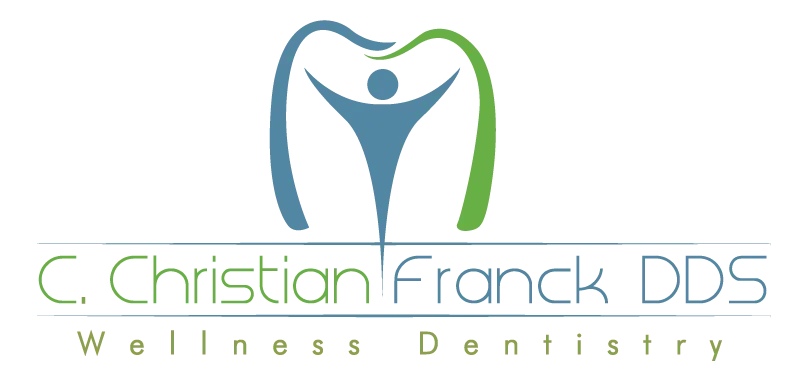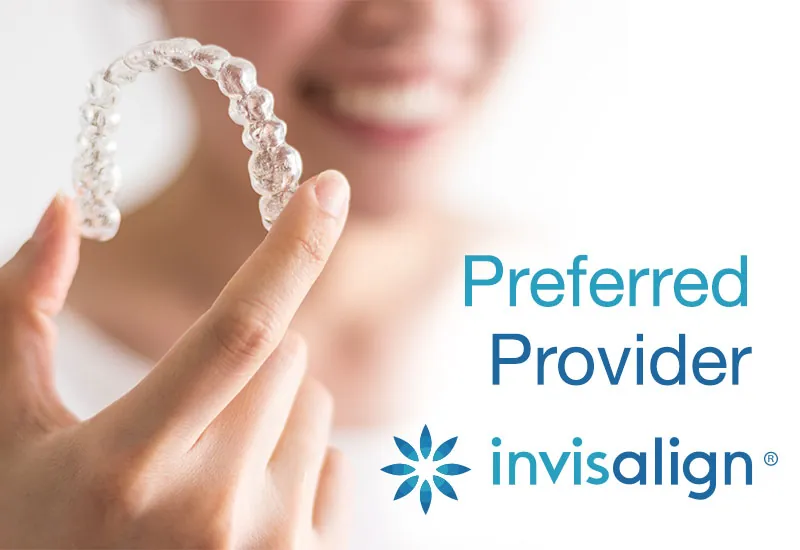This couldn’t be farther from the truth. In fact, routine dental care such as brushing, flossing, and professional cleaning protects against preterm labor by helping prevent gum disease, which is linked to an increased risk of low birth weight and premature birth. Even if you have healthy gums, pregnancy can set the stage for gum disease and cavity formation. Hormonal changes and increased blood volume soften gum tissue, giving bacteria easier access. Morning sickness can compound this problem by eroding enamel and accelerating decay.
While it’s probably best to put off elective procedures, such as teeth whitening and X-rays, until after your baby’s arrival, if a woman needs treatment, it’s safe to carry that out any time during pregnancy. In addition to this, local anesthetic usually doesn’t even reach the baby. However, for comfort’s sake, you may want to schedule any non-emergency procedures in the second trimester (14 to 20 weeks). This is generally after morning sickness has passed for most, and before the baby is big enough to make it uncomfortable to lie on your back.
If you’re pregnant or plan to become pregnant, start improving your oral health today. Taking such simple steps as brushing your teeth correctly, flossing daily, and scheduling a professional cleaning can go a long way toward creating a healthy and beautiful smile which is what you’ll want for all those pictures of you holding your new baby!
The information on this Blog is provided for general information, is not intended to provide medical, dental or surgical advice, and should not be relied upon as a substitute for professional medical advice, diagnosis or treatment. No dentist/patient relationship is established by your use of this Site. No diagnosis or treatment is being provided. The information contained here should be used in consultation with a dentist of your choice. No guarantees or warranties are made regarding any of the information contained within this Blog.




